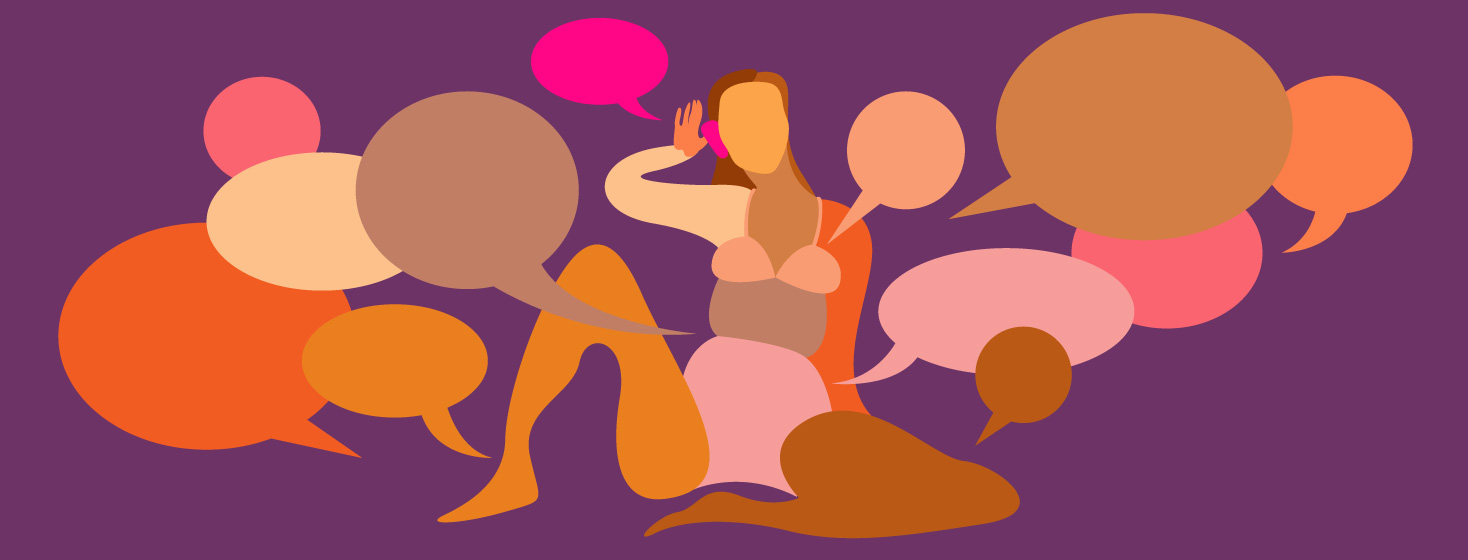Listen to Your Body
So you’ve finally received the diagnosis that you have endometriosis, now what? Doctors still seem to be in the dark about endometriosis. No one really knows what’s causing it, there is no cure, and there is even conflicting information about treatments. Doctors are eager to prescribe hormone treatment, as it’s easy and they don’t have to really think about it. Women are often left to their own devices when it comes to symptom relief from endometriosis.
This is why sites like Endometriosis.net are so great. Women can come together and share information as to what works for them with regards to symptom relief. And that is fantastic, it really is. I have learned so much from this website – things I never would have known otherwise. But it can create a problem as well.
Advice is personal
A lot of advice for patients with chronic illnesses is given as an absolute. “Do yoga, it’ll really help!... Have sex during your period, it will ease the cramps... “Eat this special diet, you’ll feel better...” I’m not saying that any of this advice is bad. But by offering it as the treatment that will definitely work, it can cause people anxiety if one particular treatment doesn’t work for them.
Our bodies are all unique. Two people with an identical diagnosis of endometriosis will have different symptoms. They also respond to treatments differently. And that is fine. We’re all individuals, which is what makes life so great. But it’s sometimes hard to remember when you’re bombarded with well-meaning advice from all sides.
Listen to your body
Your body knows what it needs. If you have been recommended a particular treatment for a symptom (say: have sex to relieve cramps) and you strongly feel reluctant to try that particular treatment, it’s probably because your body knows that this treatment is not what it needs. Our bodies are great at telling us what they need; we just have to learn how to listen to them. Aversion to a particular recommended treatment does not mean you are lazy or not willing to try; it probably means that it’s not the treatment you need.
Our bodies are amazing and we should listen to them more. We live in a culture that values productivity above everything else, so you’ll often see that advice for chronically ill patients is geared towards getting them to be as productive as they can be. But sometimes having terrible cramps means lying in bed with a hot water bottle watching your favorite shows. That’s fine too. Yoga isn’t the answer to everything, neither is diet. Both are amazingly effective tools to help our bodies, but they aren’t effective for everyone. We need to move away from feeling guilty for not be willing to try everything that people advise us to do. If we listen carefully to our bodies, we know which advice to take.
The flipside of this is, of course, respecting people who decide not to take our advice. What works for us doesn’t work for everyone, so all we can do is say, “this worked well for us” and hope that it may work for someone else as well. If it doesn’t, then that’s fine too. We’re all unique. Let’s treasure that.

Join the conversation